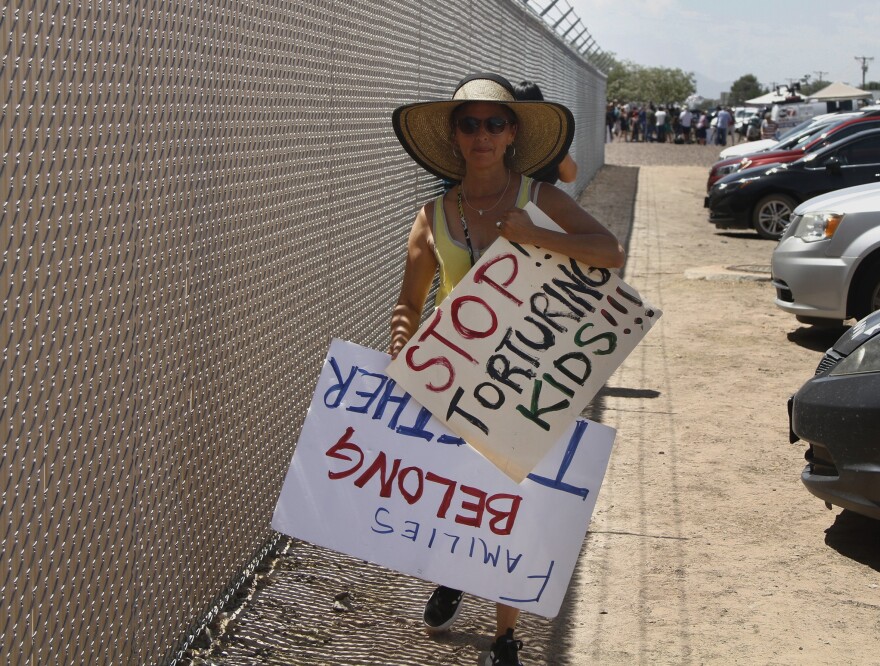Western Michigan University Economics Professor Susan Pozo says she admires immigrants. Her dedication in a new book on the economic impact of immigration says “in honor of your many achievements and in sympathy for the sacrifices that come from leaving your home to offer your talents in a new country.” Pozo is the editor of The Human and Economic Implications of 21st Century Immigration Policy. Note: A version of this interview was first heard in January of this year.
The book, published by the Upjohn Institute for Employment Research, is a compilation of presentations by economists at Western Michigan University during the 2016-17 academic year as part of the Economics Departments Werner Sichel lecture series.
In an interview for WMUK’s WestSouthwest podcast, Pozo says immigration has been an issue before. She organized a speaker series about immigration early in her career at Western during the 1980’s. But Pozo says the difference in the tone of the debate then and now is “night and day.” Pozo says there was “real economic discourse” in the 80’s. She says there is serious economic research now, “but it just doesn’t get the play that it got back then.”
Pozo says despite the heated debate, immigration from Mexico has declined. She says many factors contributed to that, including the recession in 2008 and 09, greater prosperity in Mexico and demographic changes. Pozo says greater emphasis on deportation and enforcement has also slowed migration from Mexico. She says tighter border security has cut down on “circular migration.” Pozo says that means people who come to the United States become more entrenched.
Extended interview in WMUK's WestSouthwest podcast
Pozo says that economists have ways of getting information about undocumented immigrants. She says it’s not perfect, but methods have improved. Pozo says “traces are left on the economy”, and economists can find those traces.
Asked about those hurt economically hurt by immigration, Pozo says some people are going to be worse off. She says the overall U.S. economy benefits from immigration and international trade. She says those benefits should be collected and dispersed to help people harmed by economic changes.







